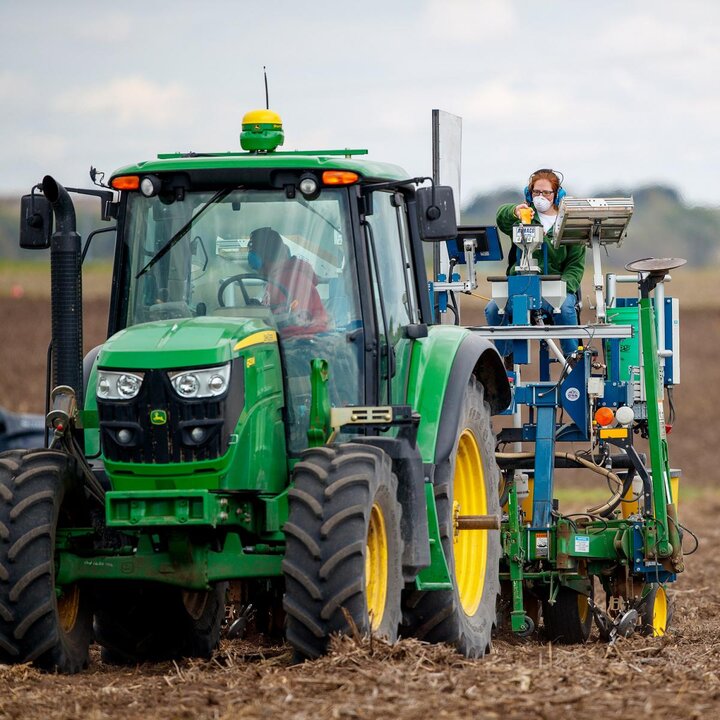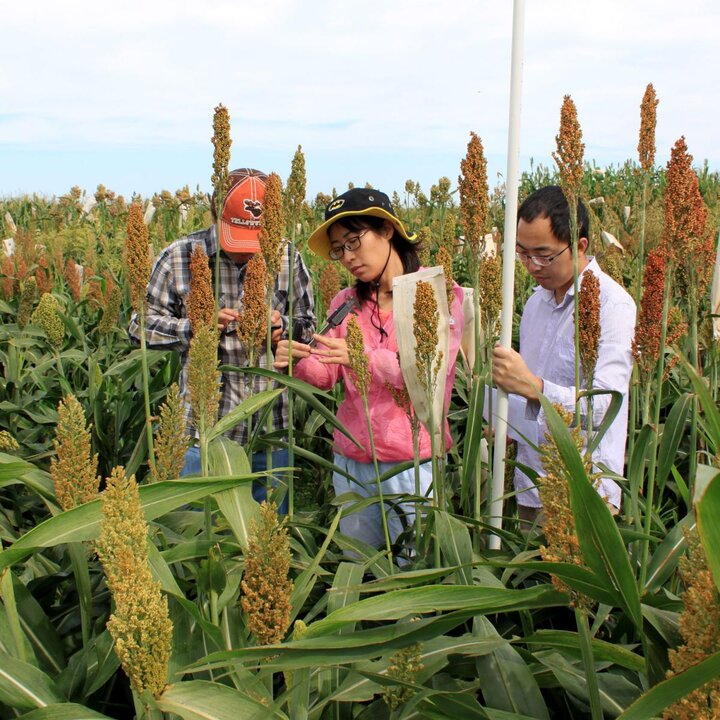Feeding 9.8 billion people by year 2050 without massive cropland expansion would require increasing the productivity of our current cropping systems. At question is how to do this while minimizing the associated negative environmental impact. Our research on Cropping Systems and Whole Plant Physiology aims to generate new knowledge about crop growth and yield, as determined by genotype, management, environment, and their synergistic interactions, with the ultimate goal to increase the profitability and sustainability of irrigated and dryland cropping systems in Nebraska and globally. To accomplish this goal, our research encompasses a wide range of spatial scales, from cell to landscape and globe, integrating concepts from a wide range of disciplines (plant physiology, ecology, soil science, climatology, modeling, environmental sciences, and socio-economics) and giving emphasis to evidence-based quantitative approaches. Our research addresses a wide range of topics, centered on the physiology and management of grain, perennial, and cover crops, and associated environmental and economic outcomes including water quality, soil erosion, greenhouse-gas emissions, and farm profitability. Our research and academic courses are designed for anyone wishing to learn from Nebraska researchers and teachers.
Related Programs
Some faculty within the Department of Agronomy and Horticulture also advise and mentor graduate students admitted through the following programs.














